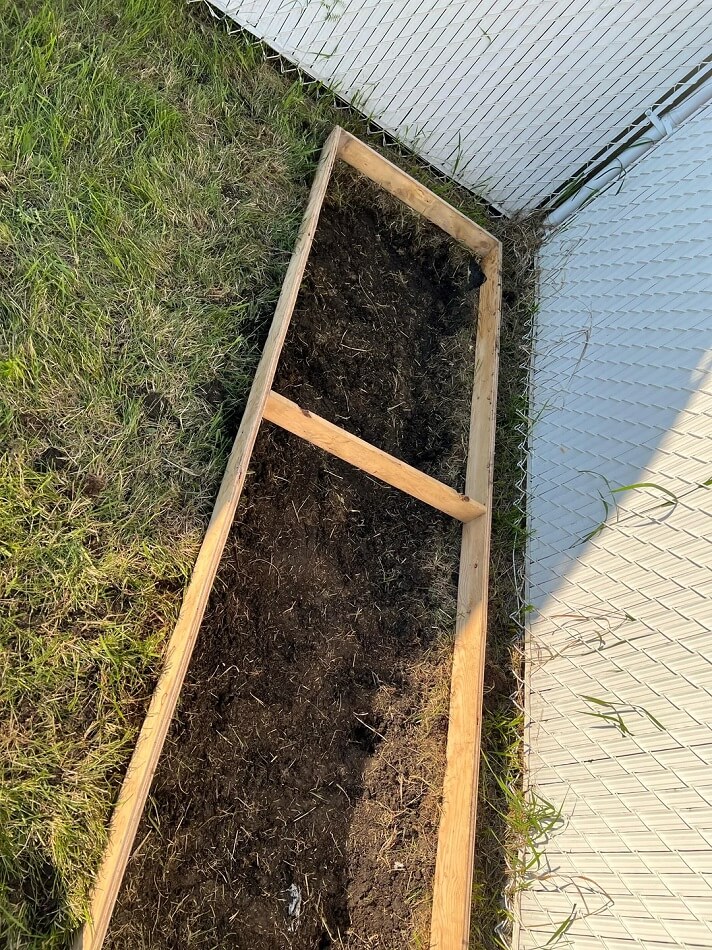A gardener posted a photo of newly built raised garden beds in the subreddit r/gardening and asked a controversial question: Should they line them with plastic before adding soil?
Commenters were quick to jump in with thoughts, and they all agreed: No.

"Plain cardboard is better, take the tape off, staples etc. the cardboard will better regulate moisture as well," one person advised. "Weeds are gonna happen."
"No plastic, just cardboard to kill the weeds," another echoed. "Then fill with good dirt and start planting."
Some people, like the OP, consider using plastic sheeting as a means of smothering unwanted weeds. The problem with this approach is that the material — which is generally heavy — also prevents vital nutrients, oxygen, and sunlight from reaching the plants that do need to grow, per Treehugger.
Not only that, but plastic also contains thousands of chemicals, many of which have been found to be hazardous, according to the U.N. Environment Programme. Exposure to plastic has been linked to certain cancers, reproductive and growth issues, cognitive impairment, respiratory issues, premature death, and many other problems, according to the Geneva Environment Network.
Using cardboard instead, as several commenters suggested, is a less harmful approach as compared to plastic or landscaping "fabric" (which is also often made of plastic). Cardboard can smother weeds, but it doesn't compact soil or harm soil health. In fact, according to The Garden Professors, landscape fabric reduces air flow between soil and the atmosphere 1,000 times more than wood-chip-style mulch.
Additionally, since cardboard is generally made from organic matter, it can enrich the soil rather than degrade it as it breaks down. (Be careful to make sure your cardboard is free of harmful dyes or tape, which can leach chemicals into soil.)
For an entirely natural yard, opt for composting your yard waste — such as fallen leaves and sticks — and steer clear of even chemical products and materials that are labeled "natural".
Join our free newsletter for easy tips to save more, waste less, and help yourself while helping the planet.









